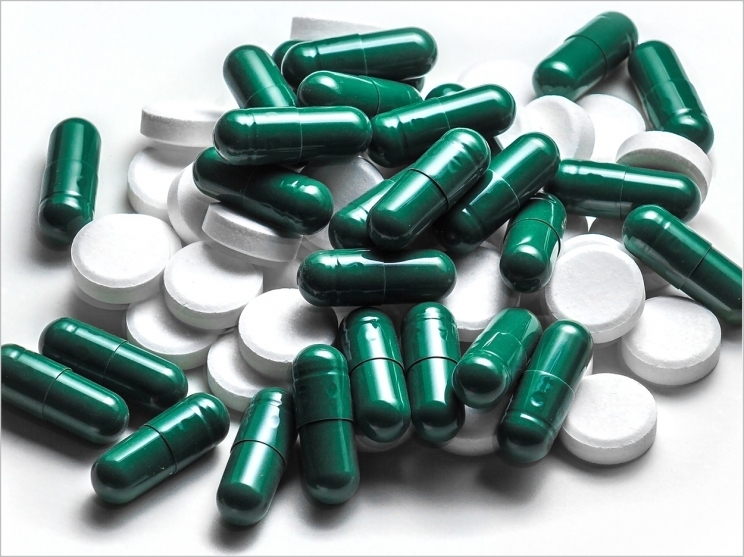
Not only are antibiotics vastly overprescribed before most dental visits, using them for even a day or two increases the risk of serious side effects such as an allergic reaction or Clostridioides difficile (C diff) infection, according to a study presented at IDWeek 2019.
Antibiotics often are prescribed for a day or two before dental visits to prevent infections in certain people such as those who have had hip or knee replacements. But current ADA and American Heart Association (AHA) guidelines no longer recommend this in most cases, noting a study of nearly 170,000 dental visits that determined that 80% of antibiotics prescribed before dental visits to prevent infection are unnecessary.
“While antibiotics can be lifesaving, they can cause significant adverse effects even after being taken for only a day or two,” said Alan E. Gross, PharmD, clinical associate professor at the University of Illinois at Chicago College of Pharmacy. “Also, misuse can lead to antibiotic resistance. Antibiotics should only be prescribed when necessary and people should talk with their dentist or physician to ask if they truly need antibiotics prior to a dental visit.”
Researchers analyzed a national claims database from 2011 to 2015 and determined preventive antibiotics were prescribed before 168,420 dental visits. Based on current ADA and AHA recommendations, they were prescribed unnecessarily for 136,177 or 80% of those visits.
Also, 5,260 or 3.8% of those prescriptions were associated with an adverse event within 14 days, including 3,912 allergic reactions from simple rashes to potentially more severe reactions requiring hospitalization, 1,568 emergency room visits potentially due to other adverse reactions, and nine C diff infections. The researchers also determined that clindamycin was associated with more adverse events than amoxicillin.
Outside of the hospital, clindamycin is more likely to be prescribed by dentists than any other healthcare providers. Even a single dose of clindamycin can cause C diff or an allergic reaction. Amoxicillin is the antibiotic most commonly prescribed by dentists, and it can cause severe allergic reactions, even after a single dose.
“While the vast majority of dental patients who take preventive antibiotics will not have a severe reaction, this is a reminder that antibiotics are not innocuous, even if taken for only a day or two,” said Katie J. Suda, PharmD, MS, associate professor at the University of Illinois at Chicago College of Pharmacy. “Ultimately, if an antibiotic is not indicated, we should try to avoid exposure to them to lessen the likelihood of patient harm.”
Related Articles
Think Twice Before Prescribing Antibiotics
Antibiotics Deemed Unnecessary for Healthy Dental Implant Patients
81% of Preventive Dental Antibiotic Prescriptions Are Unnecessary











